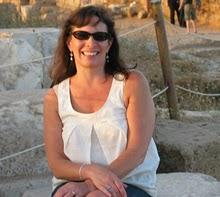Children as Philosophers12
Dec 16, 2010While licking a pot, six-year-old Tim asks: "Papa, how can we be sure that everything is not a dream?" His father admits he has no idea. Tim says "Well, I don't think everything is a dream, ‘cause in a dream people wouldn't go around asking if it was a dream."
That’s an example from Gareth Matthews, a philosopher who has gotten interested in the idea that children are natural philosophers; they ask interesting philosophical questions and come up with interesting answers.




Comments (1)
Allenwood
Tuesday, March 12, 2024 -- 12:33 AM
Together with John, Ken, andTogether with John, Ken, and Jana the kids explore philosophical issues ranging from the nature of composite objects to the mind-body problem to the nature of personal identity. Ken notices that the kids work through these deep issues in parallel steps to the history of philosophy. For example, everyone seems to start out a dualist, but, with some prodding by John and Ken, some children start to question why the supposedly separate mind cannot exist without the brain. The discussion, a good deal more heartwarming than your average philosophical debate, confirms that children are natural philosophers. Even John has to admit to being amazed the fourth graders grasp the issues quicker than most college students! Microsoft AZ-104 Questions Answers